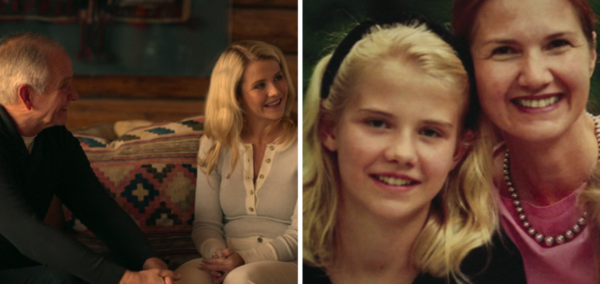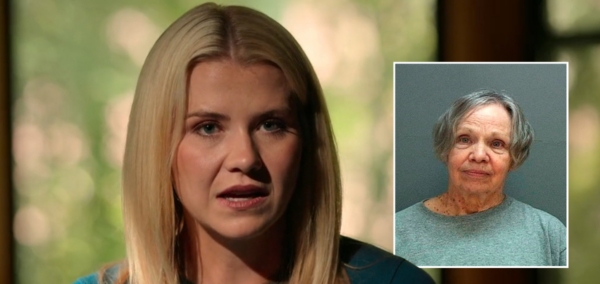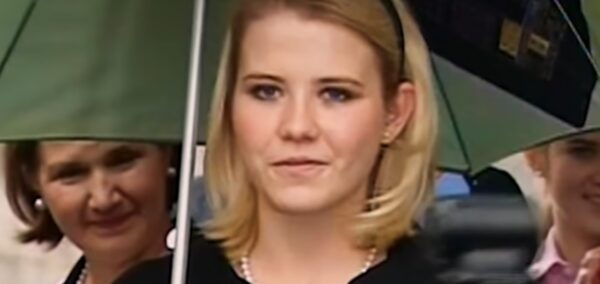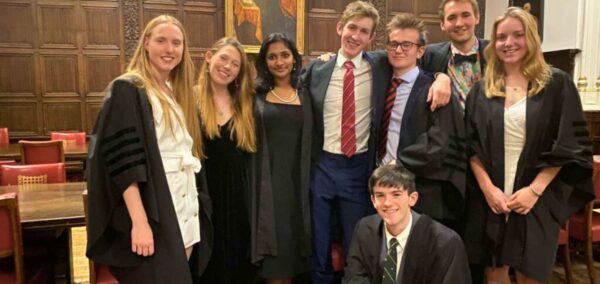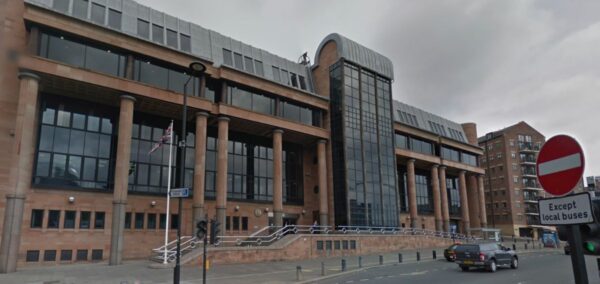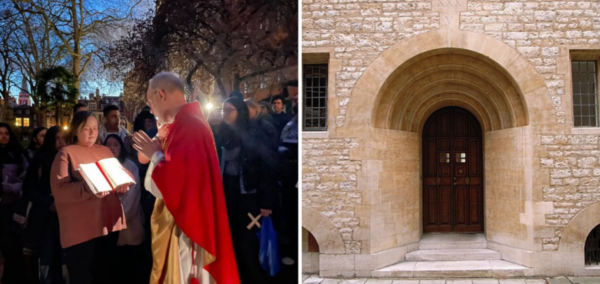
Cambridge museum slavery exhibition offers reflection room as it may trigger visitors
The Fitzwilliam Museum has created a space for ‘overwhelmed’ visitors to decompress
A Cambridge museum now offers a “reflection room” for visitors who may be “triggered” by its exhibition on the slave trade
Located within the the Fitzwilliam Museum, the Rise Up Resistance, Revolution, Abolition exhibition shines a light on black history.
The new room is designed to offer a space for visitors who “feel overwhelmed or triggered by this subject matter”.
The Rise Up Resistance, Revolution, Abolition exhibition looks at the history of the struggle to abolish transatlantic slavery. This display invites visitors to reflect on the transatlantic slave trade and the historic individuals who played a part in the British abolition story.
This exhibition comes with pamphlets which provide “well being” materials and other resources. The Fitzwilliam Museum also issues a content warning on this display.
The Fitzwilliam Museum has said: ‘’The Rise Up reflection space gives the opportunity for visitors to explore, create, read, learn and reflect after viewing the exhibition. ‘’

Image Credits: Abbie Short
This exhibition urges visitors to think about black history via the stories of individuals, wider communities and anti-slavery movements who fought for the abolition of slavery.
The Museum has described the exhibition as housing both historic and contemporary artworks and objects. the collection is a commentary on “the battle to abolish the British slave trade and to end enslavement between 1750-1850”.
The exhibition also shows what life would have looked like on plantations and the move toward abolition. It also covers the history of both black and white abolitionists, with a particular focus on those connected to Cambridge.
A catalogue for the exhibition asserts that individuals such as Stephen Hawking and George Darwin (son of Charles Darwin) indirectly benefited from the slave trade. These claims sparked controversy.
Most Read
The exhibition book refers to these instances as connections to “dark finance.” However, this has been debated by experts, including Cambridge Professor Robert Tombs.
Professor Tombs criticised the concept of historical guilt. He said: “We are sadly accustomed to seeing our great institutions damaging themselves and the country that supports them.”
The Fitzwilliam Museum quickly responded to backlash surrounding the catalogue. It said: “We believe that it is profoundly damaging to ignore or minimise the impact of the Atlantic slave trade as a source of wealth for both individuals and institutions in 17th- and 18th-century Britain, and thereafter.”
The Fitzwilliam Museum Press confirmed: “The academic research on this important matter presented in the Rise Up catalogue is factually correct”.
In spite of recent controversies surrounding the exhibitions catalogue, the Rise Up Resistance, Revolution, Abolition display will be running until the 1st of June, 2025.
The Fitzwilliam Museum recently commented: “History should always be a place of debate and we therefore welcome thoughtful discussion and encourage multiple perspectives.”
The top Cambridge museum aims “to explore the current complexities of historically tainted investments” through this exhibition.








